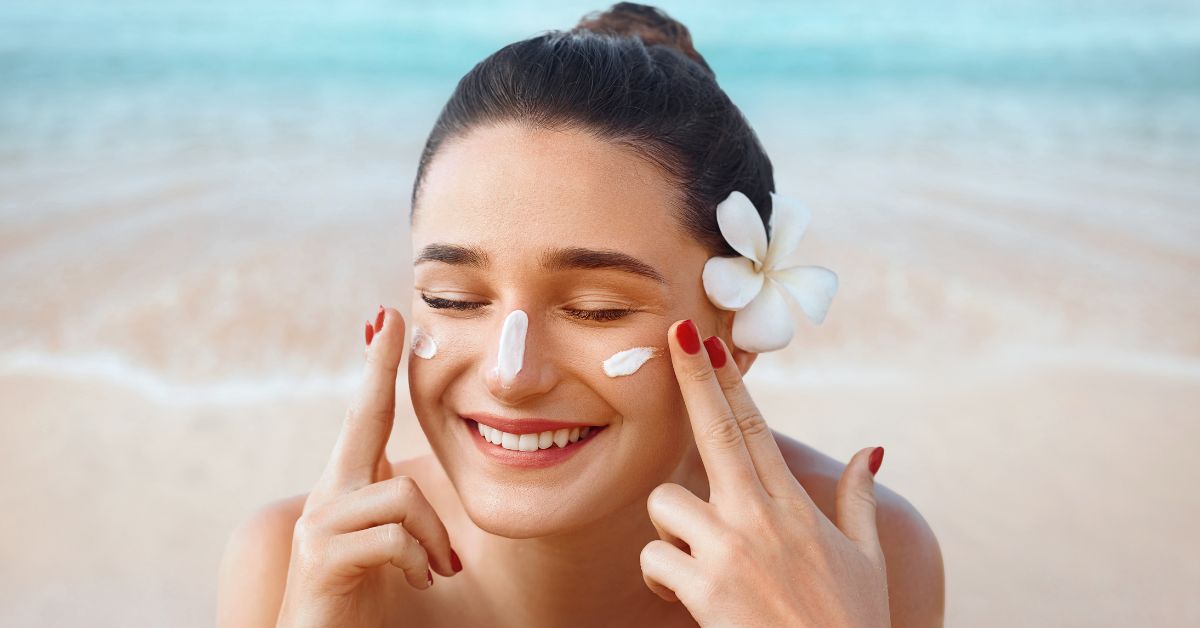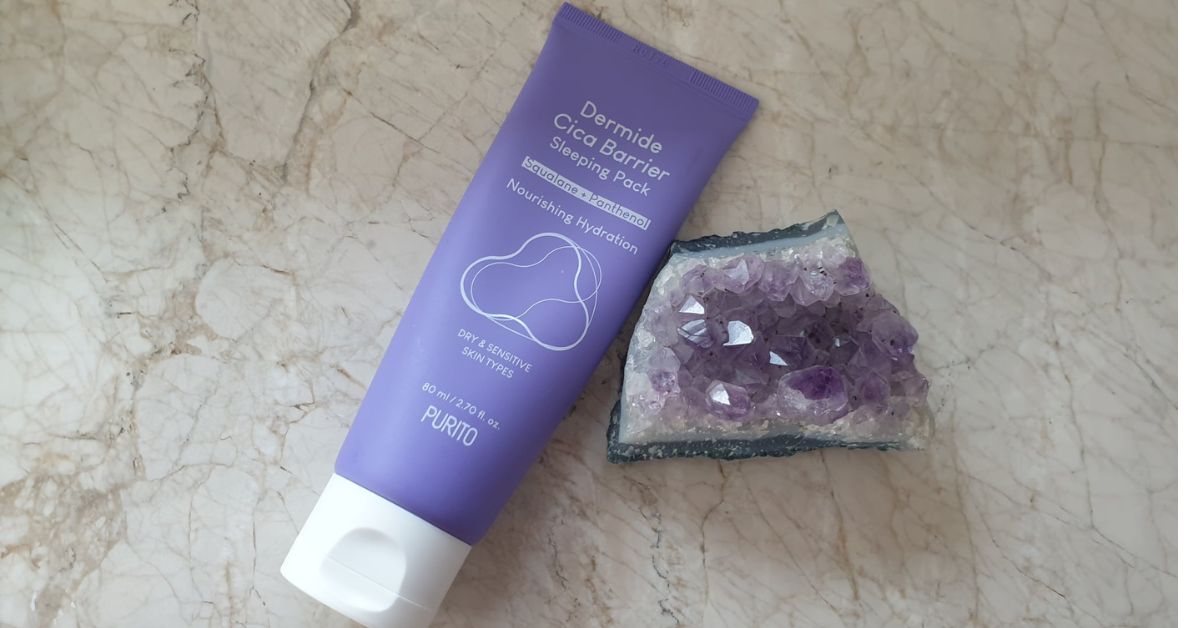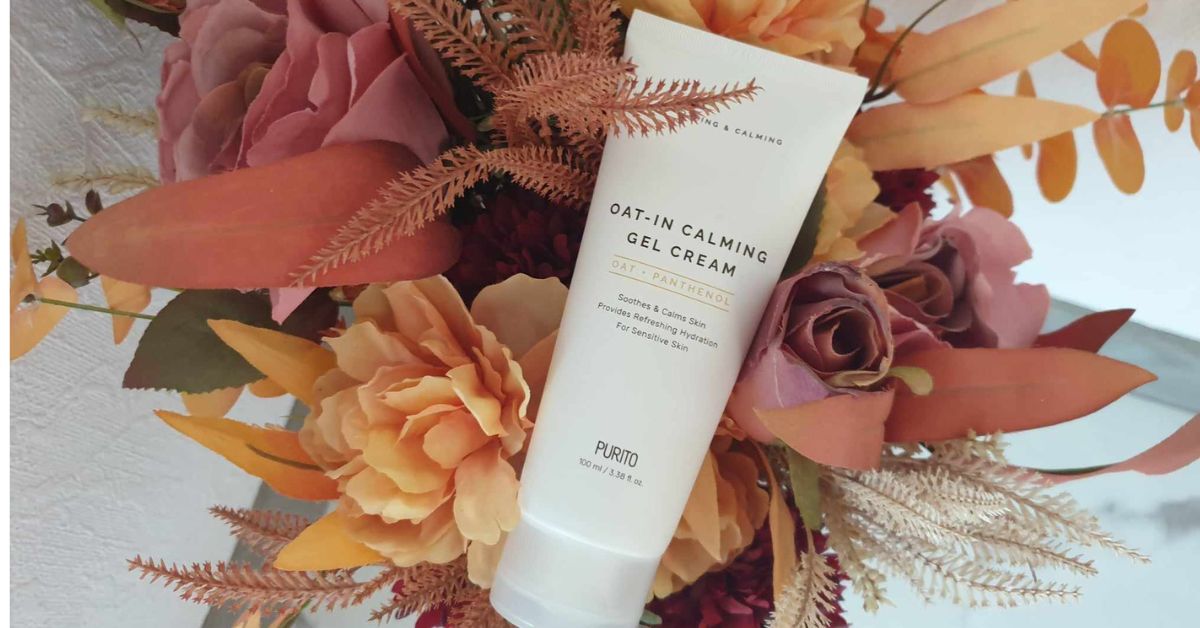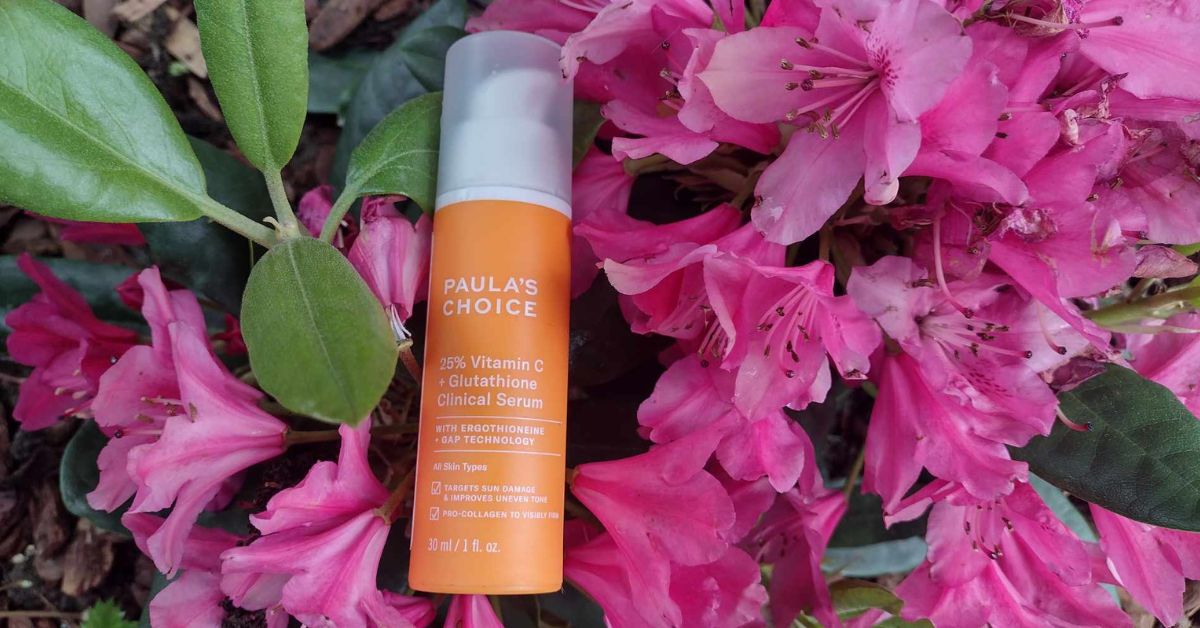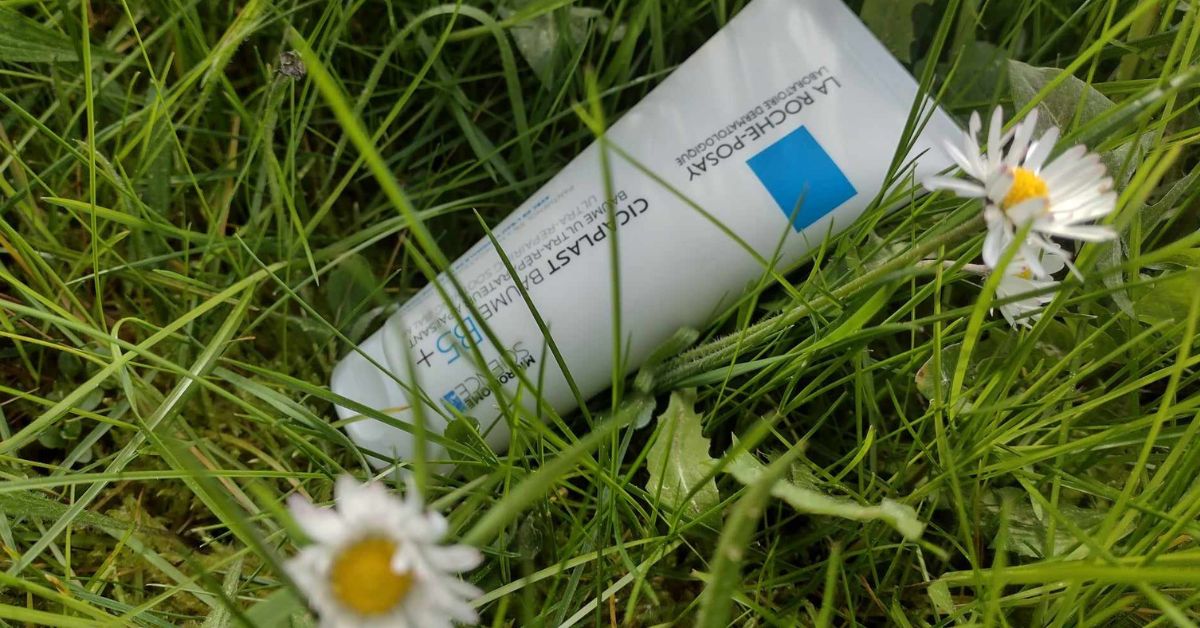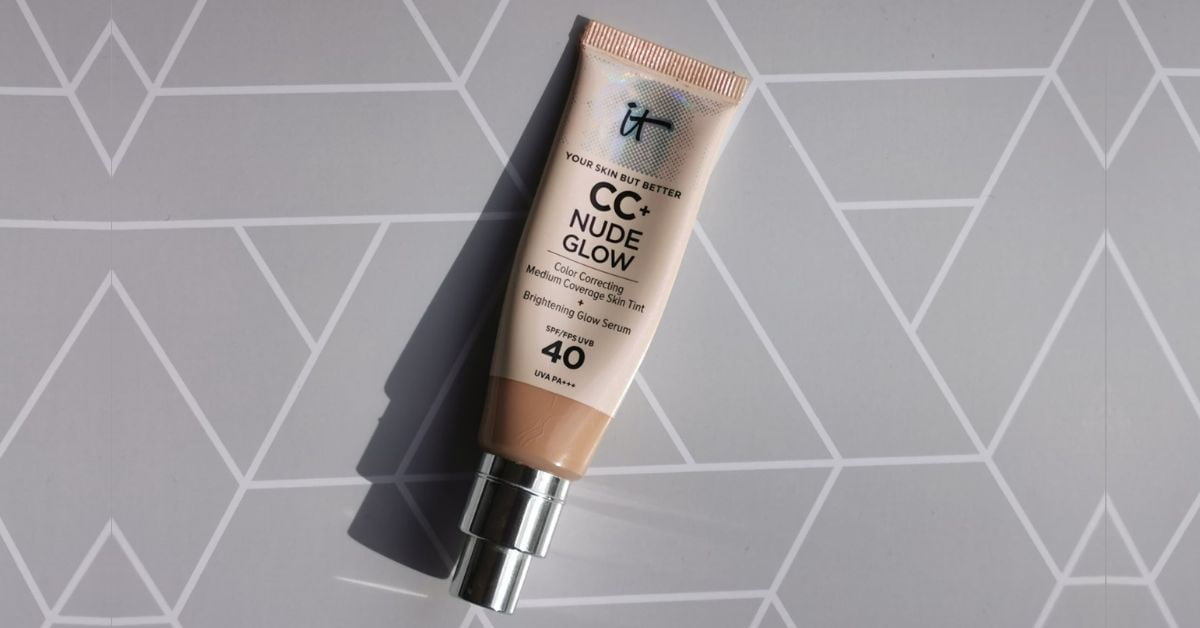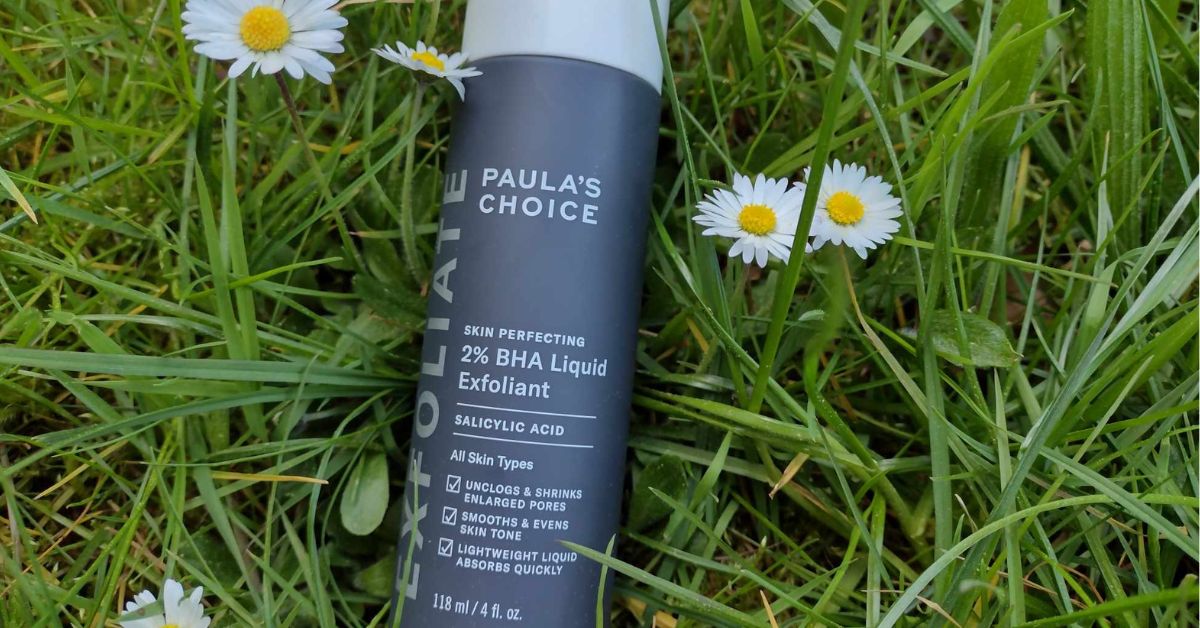Most experts would agree that, if you had to choose one simple but effective intervention in order to slow down skin aging, it would be regularly wearing sunscreen. But it´s not just for appearance´s sake that you need to make this important addition to your daily routine, because its shielding actions also have a very important role in skin cancer prevention. But why is the sun so harmful to us and how can sunscreen defend us against it?
Why do we need to use sunscreen?
We all know sunscreen from our childhood as this thick, super white cream that we needed to apply whenever we went to the beach in order to prevent nasty sunburns. A sunburn though means more than a few days of discomfort and looking like a tomato – it is actually skin damage. It is basically our skin suffering. That is expressed through inflammatory processes which, in the context of a sunburn, become visible with the bare eye. We might be tempted to believe that it is the heat which is harmful to the skin, but the actual culprits are sun rays which we are not able to detect with any of our senses. That part of the sun´s rays is represented by the fearful UV rays. And, sadly, this damage doesn´t limit itself to just that reaction we see on our skin shortly after sun exposure.
How does our body react to sun damage?
When exposed to UV rays, the DNA in our cells can degenerate, leading to mutations. If the DNA repair mechanisms fail and the mutation persists, the cell will have to die off. The death of an increased number of cells in one area alerts our immune system to something suspicious going on, so immune cells come to check up and clean the area. These immune cells travel by blood, so in order to be able to bring many of them to the skin, blood vessels enlarge which gives us the red appearance to our skin. However if some of the damaged cells survive and their DNA does not get repaired, they can become cancerous. Besides this, UV rays can cause the suppression of immune system in the skin. This means that less of these cleanup cells are available and more cells with mutated DNA are likely to potentially turn malignant.
Exposure to sun can affect the quality and appearance of our skin and many skin conditions such as acne and rosacea can be aggravated by it. Our bodies inevitably get older, with genetics playing a big role into how we age. But far from it being a wholly predetermined process, extensive research has shown that there are many more or less avoidable external factors that can cause premature or accelerated aging of the skin. Some of these are poor diet, smoking, bad sleeping habits, pollution, but most importantly exposure to the sun. The accumulated exposure results in what is called photoaging. This is one of the many reasons why every day sunscreen application has become a more and more popular practice among people concerned with the overall health of their skins.
What are UV rays?
The rays that the sun emits contain not only the visible light that we can perceive with our eyes, but also light in the infrared and UV spectrum, which can not be detected by sight. These types of electromagnetic radiation have various energies and some of them have characteristics that enable them to penetrate your skin, while others are absorbed at the level of epidermis. Out of these, the UV rays have the highest level of energy, are harmful and are produced by the sun in high quantities. Thankfully, the Earth´s atmosphere (particularly ozone) absorbs them so that most of them don´t reach us, otherwise our planet would be a much more inhospitable place. Melanin, the pigment that gives color to skin, is produced as a natural sunscreen after sun exposure to reduce further sun-induced damage (yes, bronzing is a reaction to our skin being harmed by the sun).
UV rays can be divided into three types, but UVC (the most harmful one) is mostly absorbed in the atmosphere and doesn´t reach us. So we are left with UVA and UVB, which can both cause skin cancer. UVB is the spectrum of rays that gets absorbed more superficially into the skin and causes more immediate damage, leading to sunburn. UVA on the other hand penetrates deeper into the skin and doesn´t normally cause pain or redness in the moment, however it is very damaging in the long term. UVA can penetrate windows and it causes cummulative damage – meaning the more you get exposed to it, the more pronounced the signs of photoaging and the higher the risk of various skin ailments, skin cancer included.
What are sunscreens?
Suncreens are products which contain ingredients that block the UV rays from reaching our skin. There are two types of filters that can be used in a sunscreen: physical (or inorganic) and chemical (or organic), and this relates not to how they are sourced, but to their components. Those that contain chains of carbon atoms are called organic, while the inorganic sunscreens are based on titanium or zinc.
How do sunscreens work?
Sunscreen molecules sit on the skin, creating a protective barrier on top of it. As UV rays from the sun hit the surface of our skin, the first structure they come into contact with is that layer of sunscreen. The goal of sunscreens is to avoid the energy of the UV rays from reaching the skin. But since energy cannot be created or destroyed, just transformed, the sunscreen molecules must be able to interact with the UV rays and convert them to another form of energy – mostly a tiny amount of heat.
Electrons play a key role in the interaction between sunscreen and UV rays. All molecules have electrons, however not all molecules can use them to block UV radiation. That is because sunscreen filters have special chemical structures which allow their electrons to absorb this energy, which makes them become excited. Electrons do not like this change (getting excited makes them unstable) so they transform this energy they acquired into something else and go back to their previous state of relaxation. Molecules of sunscreen can undergo this process multiple times while protecting you from the sun. The good thing is that the type of energy they release is harmless to our skin, such as small amounts of heat or vibrations.
How are chemical sunscreens different from physical sunscreens?
All sunscreen molecules have different capacities of UV ray absorption – meaning that each of them absorbs them differently. Some have their electrons interact more strongly with UV rays of specific wavelength, that is why sunscreen formulation is so important for providing broad spectrum protection.
There has been a common misconception that physical sunscreens differ from chemical sunscreens because they act by scattering or reflecting UV rays, but it has been debunked. We now know that both types of sunscreens work mainly by absorbing UV. Scattering does happen, but it usually depends on the molecular size of the compound. Since physical sunscreen molecules more frequently are large particles, they scatter more UV rays. They can also scatter visible light, phenomenon which is responsible for the white cast we sometimes get from physical sunscreen.
For how long can you keep sunscreen?
If you find yourself wondering if that bottle of sunscreen you bought years ago could still be working, find out that sunscreen definitely has an expiration date. Usually this expiration date is written on the label of the product and is calculated from the date it has been opened. Using expired susncreen puts you at risk for skin damage and skin cancer. As time goes by, the filters in the sunscreen degrade and the manufacturer can no longer guarantee the product provides an appropiate amount of protection. These filters also degrade if the sunscreen is not stored properly, so try to keep your bottle of sunscreen in a cool, dark and dry place. If you have had a bottle lying in your hot car for months, exposed to high temperature or strong sunlight, your sunscreen has been very likely compromised and it is always better to throw it out and buy a new bottle.
So how can sunscreen help us?
Sunscreen has ingredients that act like guardians of our skin, because they protect it from UV-induced damage. They are special molecules that can transform these harmful rays into other types of energy that are harmless to us. By applying sunscreen every day we make sure that we preserve the health and happiness of our skin. Even if we aren´t the type to spend a lot of time outdoors, we can get a lot of sun damage just during our daily activities or by being near windows. Once you develop this habit and you keep up with it, your skin will thank you. And don´t forget it is absolutely necessary if you have a skincare routine containing active ingredients like retinoids or exfoliating acids!

